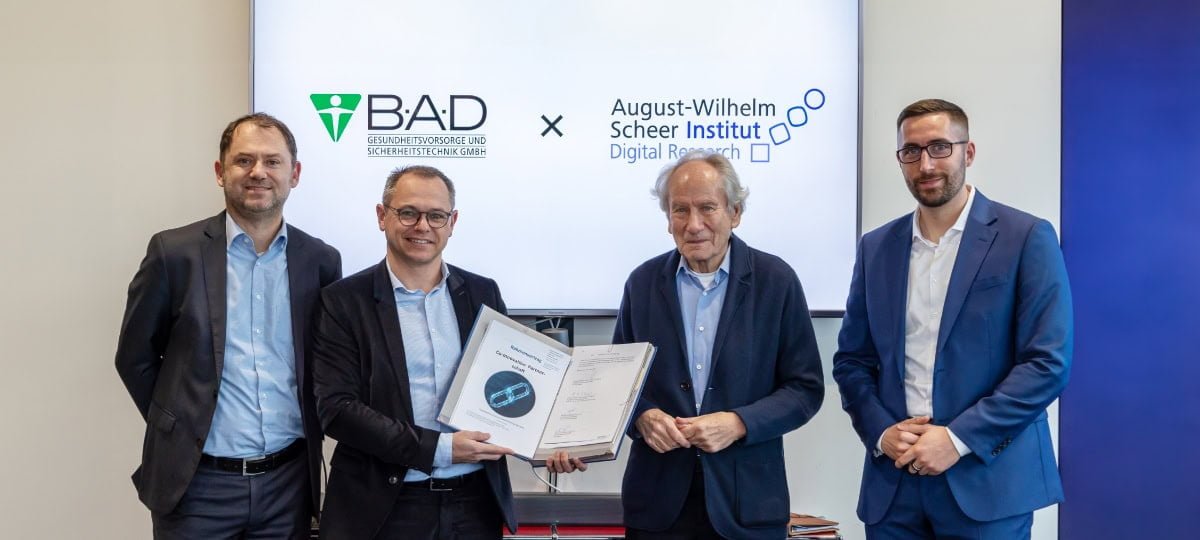Trust comes from integration and automation


The role of management has proven crucial in the introduction and practice of DevOps methods and processes in SAP organizations in recent years. Only support from the top allows a true DevOps culture to emerge. But every culture needs a foundation on which it can stand securely. Only when both conditions are met, support from above and below, can the culture really blossom. But what material must the foundation be made of to ensure that it will last?
The greatest challenge for SAP teams is currently the preparation and implementation of the transformation to S/4 Hana. They are under tremendous time and success pressure. Most of them will prefer a gradual transition. While this cautious approach reduces the risks, it has the side effect that two different system and application landscapes have to be maintained and serviced over a certain period of time. In concrete terms, this dual-maintenance mode means that SAP teams not only have to apply patches in both the previous SAP ECC world and the new S/4 environments, but also develop, test and implement changes and innovations. This makes their task more complex and thus more complicated and error-prone.
Existing SAP customers who are already successfully living a DevOps culture have a clear advantage here. With their help, the teams involved can break down major problems and challenges that seem to be hanging over their heads into many
divide up small sub-projects. This makes large problems small, manageable and controllable at once.
Incidentally, this also applies if existing SAP customers decide to introduce the new software generation from Walldorf in one step. After all, operation and maintenance of the new environment with its frequent updates and changes practically presupposes a DevOps culture.
The DevOps concept pays particular attention to Continuous Delivery (CD) and Continuous Integration (CI), so that changes, updates and security patches can be integrated into the existing code and applied as soon as they are available. Due to the large number of dependencies in SAP software in production environments, the effort required to do this manually is no longer manageable if this process is to run more than two or three times a year.
The SAP teams therefore need support from suitable tools. These must not only be integrated, but also highly automated. However, this tool chain remains incomplete as long as it is not able to integrate and automate continuous testing into the process as well.
In a DevOps culture, development is divided into small sub-steps, which are very manageable not only in terms of the volume of tasks, but also in terms of time. The resulting new code must be tested several times in these cycles of one to two weeks and checked for its behavior in a productive environment in order to avoid errors and the resulting interruptions to operations in advance.
However, manual tests would go beyond the tight timeframe of these development cycles. Automated test tools must therefore become part of an integrated tool chain and are just as much a part of a culture of continuous quality assurance as regular peer reviews, retrospectives and measurements.
Continuous delivery, integration and testing, supported by an integrated and automated tool chain - these are the materials that make up the foundation of a DevOps culture at SAP legacy companies. The price is hot: higher software quality massively reduces the risks of frequent release cycles. At the same time, the associated costs can be reduced by up to fifteen times.





